Dictionary of Space Concepts
The Dictionary of Space Concepts (DSC) provides not only the basis for the advanced English language classes of the Multilingualism Programme; it also serves as larger online support platform for all UNIVERSEH students, with the aim of training specific space terminologies across various fields connected to the space sector. The DSC combines core space concepts and with helpful illustrations, all in an open-project format, which is freely available to everyone inside and outside UNIVERSEH. We welcome your contributions, comments, and expertise!
Do you want to take part of developing the Dictionary of Space Concepts? Enrol in the Collaborative Dictionary of Space Concepts.
Special | A | B | C | D | E | F | G | H | I | J | K | L | M | N | O | P | Q | R | S | T | U | V | W | X | Y | Z | ALL
O |
|---|
UNIVERSEH is an alliance of:
All rights reserved. Funded by the European Union. Views and opinions expressed are however those of the author(s) only and do not necessarily reflect those of the European Union or the European Education and Culture Executive Agency (EACEA). Neither the European Union nor the granting authority can be held responsible for them.







